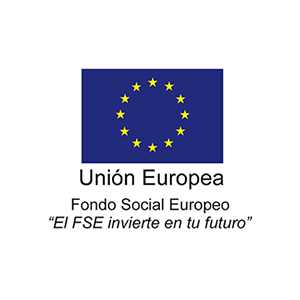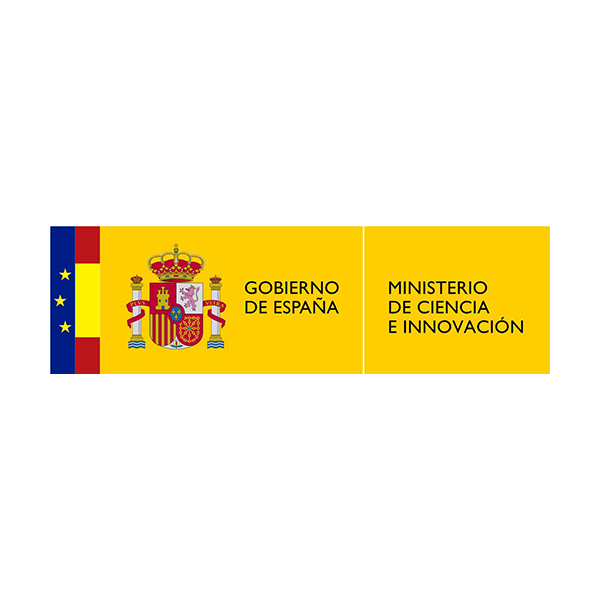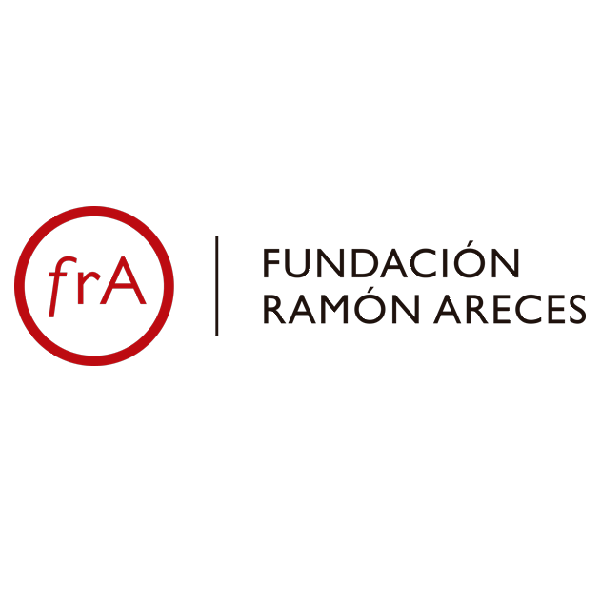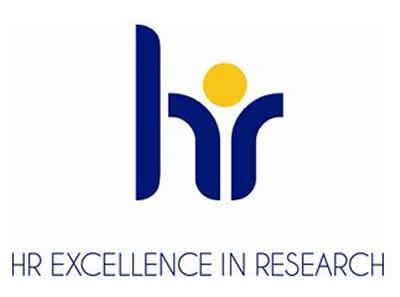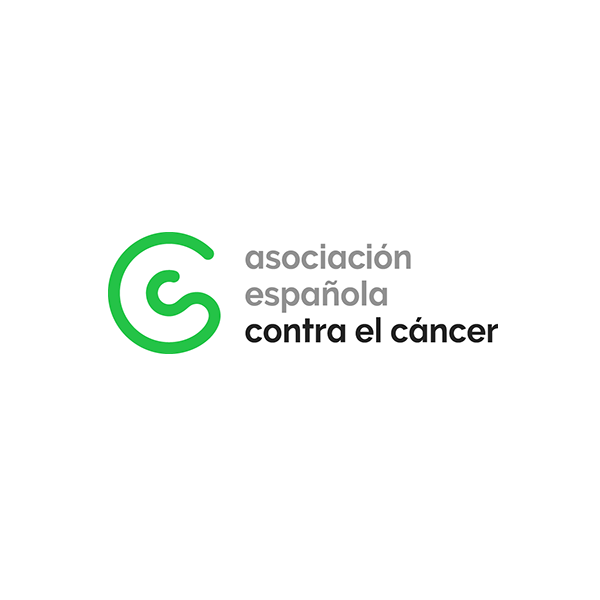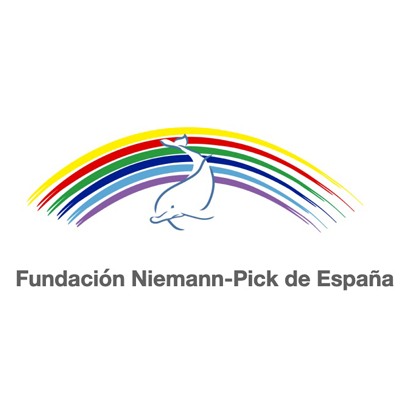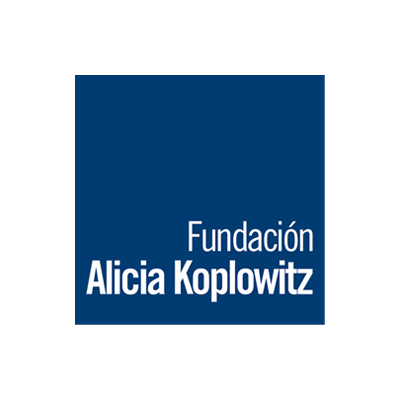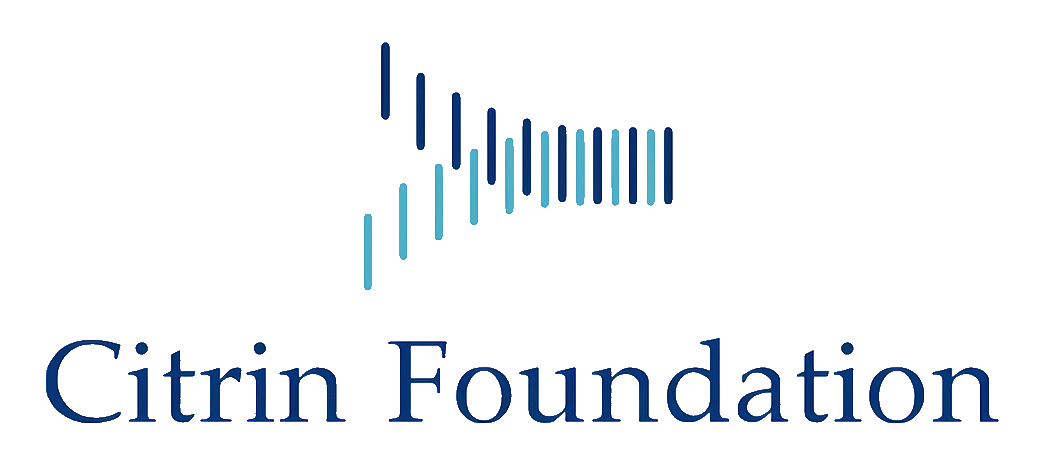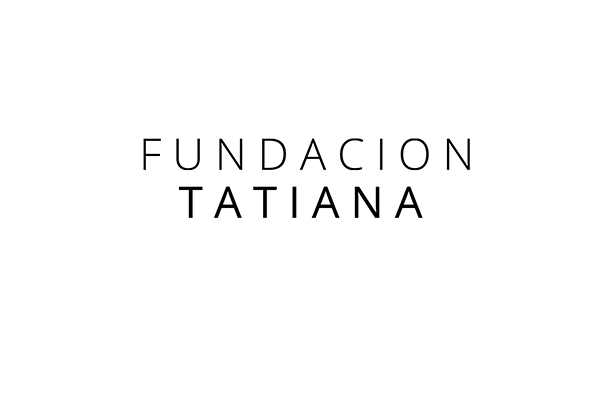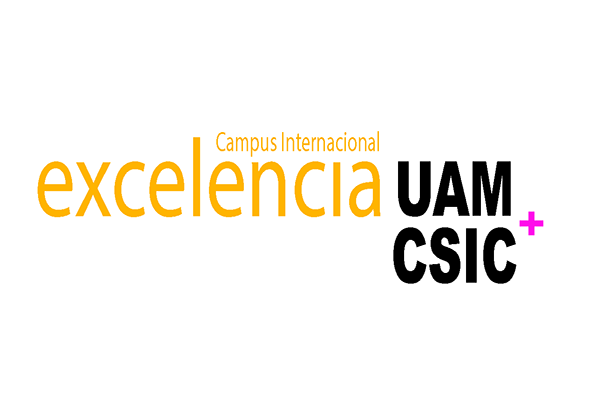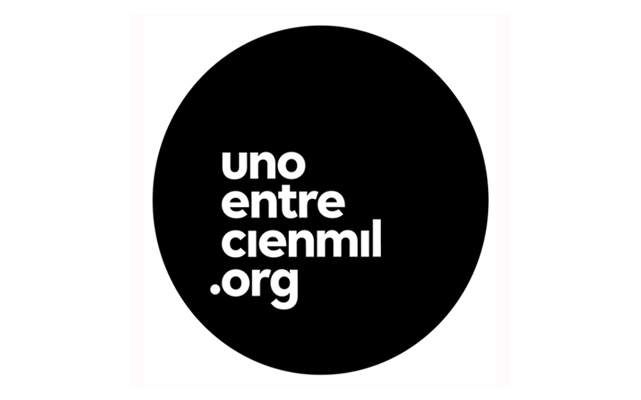Protein synthesis and its regulation in eukaryotes
Research summary:
In response to different environmental stresses, including viral infection, nutrient deprivation, and ultraviolet light exposure, the transient phosphorylation of the a subunit of translation initiation factor 2 (eIF2α) rapidly reduces global protein synthesis, which lowers energy expenditure and facilitates reprogramming of gene expression to remediate stress damage. Our recent work has been focused on these major lines:
1) Regulation of cell cycle and sexual differentiation by eIF2α kinases in Schizosaccharomyces pombe. There is a differential response of the three members of this kinase family to nutrient deprivation-mediated stress, being phosphorylation of eIF2α essential for the proper G1-phase cell cycle arrest and for the cell mating in the absence of nitrogen, leading to their survival.

In S. pombe eIF2α phosphorylation is required for proper G1 phase cell cycle arrest when growing in the absence of nitrogen. (A) Using flow cytometry, it is observed that in the absence of nitrogen eIF2αS52A cells, which express a non-phosphorylatable eIF2α, significantly retard arrest in G1 phase of the cell cycle. (B) The optical (Nomarski) and fluorescent (DAPI) micrographs show that, unlike the wild-type cells (WT) which move from G2-M to G1 by division and rounding, eIF2αS52A cells continue to elongate without producing cell division.
2) Ccr4-Not complex is a coordinator of different aspects of gene expression regulation, from mRNA synthesis to degradation. We have studied the relationship of several Ccr4-Not complex proteins with stress response in Schizosaccharomyces pombe. Through protein-protein interaction and genetic relationship we have unravel the mechanistic links between stress-activated MAPKs and Ccr4-Not complex.
Recently, our group and Dr Iván Ventoso group have joined together in order to better develop our objectives: i) to study the mechanisms by which cells detect and respond to distinct stress forms (ultraviolet radiation, nutrient deprivation) through the activity of eIF2α kinases; ii) exhaustive description of the translational reprogramming in response to stress, by using mouse and fission yeast S. pombe as models; iii) identification of mRNA sequences and structures, together with protein factors, involved in the above mentioned reprogramming of gene expression; iv) to study the implications of these processes in longevity and in the development of age-related diseases (cancer).

Scheme of translation reprogramming during stress response in mouse and fission yeast.
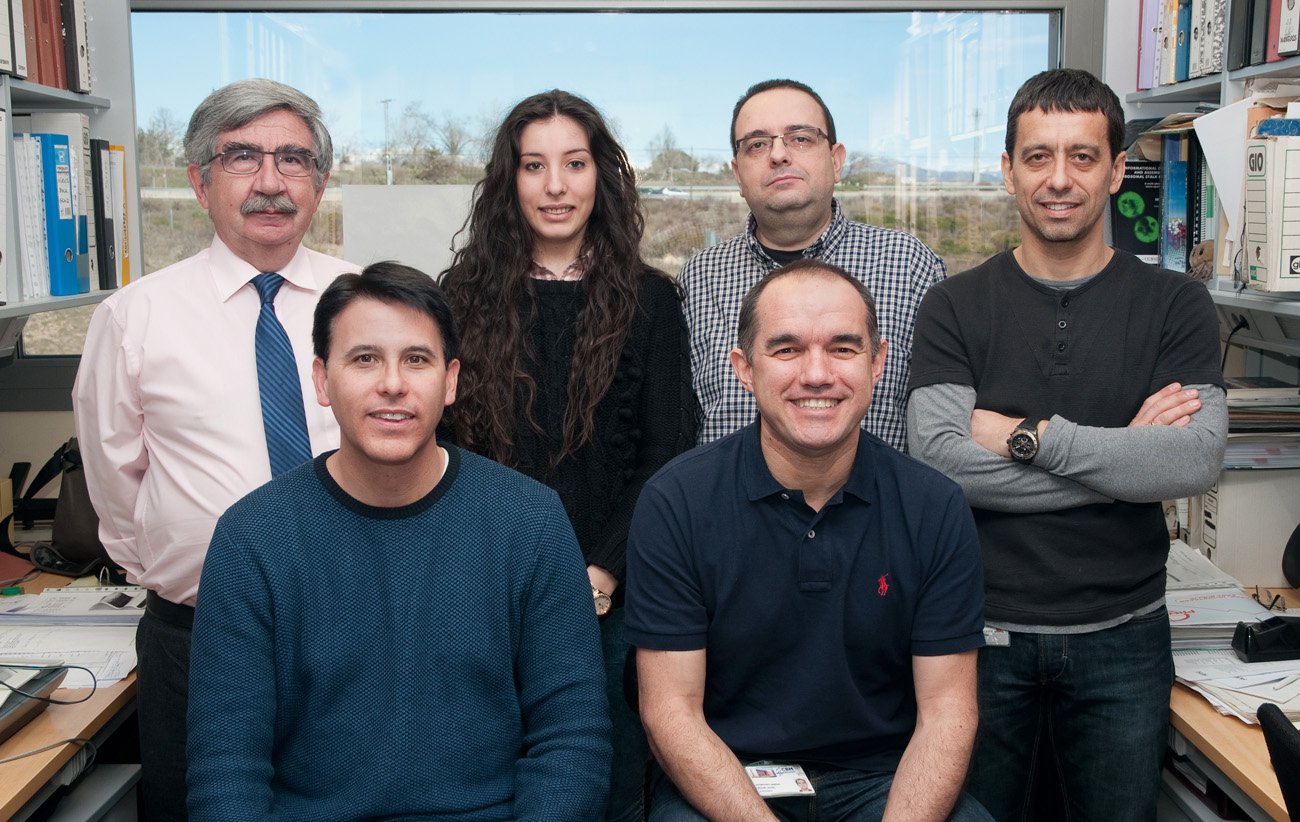
| Last name | Name | Laboratory | Ext.* | Professional category |
|---|
Recent publications:
- Rodríguez-Gabriel, M.A. (2014) Analyzing Cdc2/Cdk1 activation during stress response in Schizosaccharomyces pombe. Methods Mol. Biol. 1170, 383-392.
- Jiménez-Díaz, A., Remacha, M., Ballesta, J.P.G. and Berlanga, J.J. (2013) Phosphorylation of initiation factor eIF2 in response to stress conditions is mediated by acidic ribosomal P1/P2 proteins in Saccharomyces cerevisiae. PLoS One 8, e84219.
- García-Santamarina, S., Boronat, S., Calvo, I.A., Rodríguez-Gabriel, M.A., Ayté, J., Molina, H. and Hidalgo, E. (2013) Is oxidized thioredoxin a major trigger for cysteine oxidation? Clues from a redox proteomics approach. Antioxid Redox Signal. 18, 1549-1556.
- Fernández-Vázquez, J., Vargas-Pérez, I., Sansó, M., Buhne, K., Carmona, M., Hermand, D., Rodríguez-Gabriel, M.A., Ayté, J., Leidel, S. and Hidalgo, E. (2013) modification of tRNA(Lys) UUU by elongator is essential for efficient translation of stress mRNAs. PLoS Genet. 9, e1003647.
- Matia-González, A.M., Hasan, A., Moe, G.H., Mata, J. and Rodríguez-Gabriel, M.A. (2013) Functional characterization of Upf1 targets in Schizosaccharomyces pombe. RNA Biol. 10, 1057-1065.
- Martín, R., Berlanga, J.J. and de Haro, C. (2013) New roles of the fission yeast eIF2alpha kinases Hri1 and GCN2 in response to nutritional stress. J. Cell Sci.. 126, 3010-3020
- Del Pino, J., Jiménez, J.L., Ventoso, I., Castelló, A., Muñoz-Fernández, M.A., de Haro, C. and Berlanga, J.J. (2012) GCN2 has inhibitory effect on human immunodeficiency virus-1 protein synthesis and is cleaved upon viral infection. PLoS One. 7, e47272.
Doctoral theses:
- Marina Portantier (2013). Papel del complejo Ccr4-Not en la respuesta a estrés mediada por la MAPK Spc1 en Schizosaccharomyces pombe. Universidad Autónoma de Madrid. Director: Miguel Ángel Rodríguez Gabriel.
- Javier del Pino García (2012). Interacción funcional de la eIF2alfa quinasa GCN2 con el virus de la inmunodeficiencia humana VIH-1. Universidad Autónoma de Madrid. Directores: Juan José Berlanga y César de Haro.
- Ruth Martín Martín (2012). Caracterización funcional de las eIF2alfa quinasas de Schizosaccharomyces pombe en distintas situaciones de estrés. Universidad Autónoma de Madrid. Directores: César de Haro y Juan José Berlanga.

